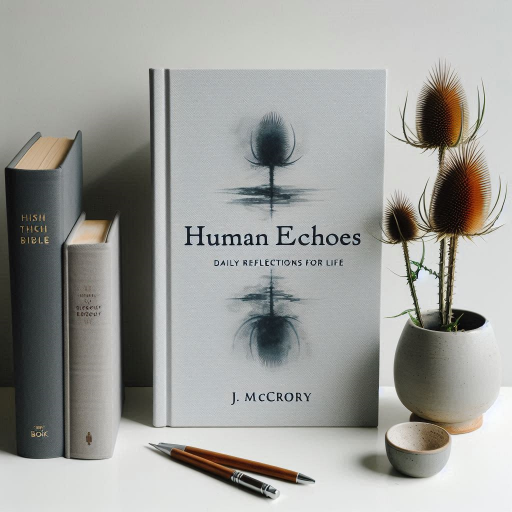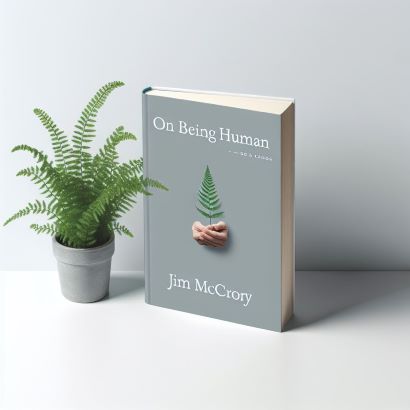"We do not need to explain these long walks to everyone...those who have walked understand: the trail changes you. And once it does, the walk never truly ends."

Image kindly provided by https://unsplash.com/@arjabedbd
It's Time For the Pilgrimage
There is a mystery to
long walks in the world’s grand places. Across continents and cultures, from
the dusty paths of the Camino de Santiago to the granite trails of the West
Highland Way, Klipspringer Hiking Trail the, Yosemite Grand Travers, the wind-carved coastlines of Norway or Italy and Austria's Alpine regions people set off, boots laced,
and packs loaded, with a longing that’s difficult to articulate. It’s more than
tourism. More than exercise. The terrain speaks to something deeper. Something
ancient.
What drives us to take
these long, solitary walks? Why are so many drawn to leave behind the comforts
of modern life to trek through mountains, deserts, moorlands, and
forests—sometimes for days or even weeks at a time?
The Call of the Wild Places
The natural world has
always been the setting for spiritual encounters. Moses met God on a mountain.
Jesus fasted in a wilderness. The early Celtic saints sought the thin
places—those wild spaces where the veil between heaven and earth seemed worn,
transparent. There’s something about vastness and silence that awakens the
soul.
When we step into these
grand landscapes, we enter a different rhythm. The chatter of daily life falls
away, replaced by the whisper of wind through grass, the cry of a bird
overhead, the distant rush of water. Walking becomes a kind of prayer—each step
a word, each mile a verse in a slow, unfolding psalm.
In such places, God seems
nearer, not because He is more present there, but because we are. Our minds
settle. Our eyes open. We begin to see not just creation, but the Creator’s
imprint on every rock and tree and changing sky.
Stripping Away What Doesn't Matter
Long-distance walking has
a humbling effect. It pares life down to essentials: water, rest, food, warmth.
We learn the cost of carrying too much, both literally and figuratively. There
is a discipline in choosing what to leave behind. In this simplicity, we begin
to notice how cluttered our lives have become—how many of our worries are
unnecessary, how much noise we live with.
In the walking, we begin
to shed more than weight. We shed the versions of ourselves we’ve been holding
tightly to: the competent professional, the overachiever, the person always in
control. On the trail, we become something more elemental. Human, vulnerable,
dependent.
The journey becomes a
mirror. With no screens to distract, no tasks to complete, we’re left with
ourselves. And it is in this solitude—sometimes uncomfortable, sometimes
liberating—that many begin to face long-buried thoughts or griefs. Walking
through wildness often becomes a form of healing, because the path doesn’t ask
for eloquence or perfection—only honesty and movement.
On Meeting Strangers
Though many set out
alone, the trail has a way of bringing people together. There’s something
deeply human in meeting someone at a trail marker, sharing a flask of coffee,
comparing blisters and stories. These encounters are rarely shallow. Perhaps
it’s the shared vulnerability of the walk that opens people up. The miles
invite reflection, and reflection seeks expression.
In these fleeting
friendships—formed over shared hardship, under starry skies or in stormy
weather—we’re reminded of a truth: that life, like the trail, is meant to be
walked together, at least in part. There's no need for small talk when both
people are tired, sore, and staring into the same majestic landscape.
Conversation moves quickly to things that matter.
Finding the Self You Lost
The great paradox of
pilgrimage is that it often begins with a desire to escape but ends in
rediscovery. We go to get away from the demands and routines of life, but in
doing so we encounter a version of ourselves we had forgotten.
Out in the open, stripped
of pretence, we meet the child who once loved stars, the soul who still dreams,
the person who prays not in words but in wonder. Somewhere between the first
mile and the final descent, we recover what the noise and pace of life had
eroded: a sense of direction, of calling, of hope.
The road does not give
answers easily. But it shapes us. It teaches patience. It demands perseverance.
It opens the door to awe. And awe, I believe, is the beginning of wisdom.
The Ongoing Journey
There’s a reason why,
after the walk is done, so many return home changed. Not always in ways visible
to others—but changed, nonetheless. They carry in their memory the scent of
pine, the shimmer of dawn mist, the silence of ridgelines, the sound of their
own heartbeat in remote places. They carry a renewed sense that life is not
just a list of obligations, but a path.
The world’s grand
places—its mountain paths and coastal ways, its desert trails and forest
roads—call us not just to see beauty, but to remember what it means to be
human. To walk with purpose. To endure with grace. To feel small and yet known.
We do not need to explain
these long walks to everyone. Some things are better understood with the feet
than with the tongue. But those who have walked understand: the trail changes
you. And once it does, the walk never truly ends.
****
A memorable encounter on a quiet pathway never forgotten
They asked each other, “Were not our hearts burning within us as He spoke with us on the road and opened the Scriptures to us?”
Luke 14 (BSB).
Hello World! Escape Loneliness - DownToMeet























